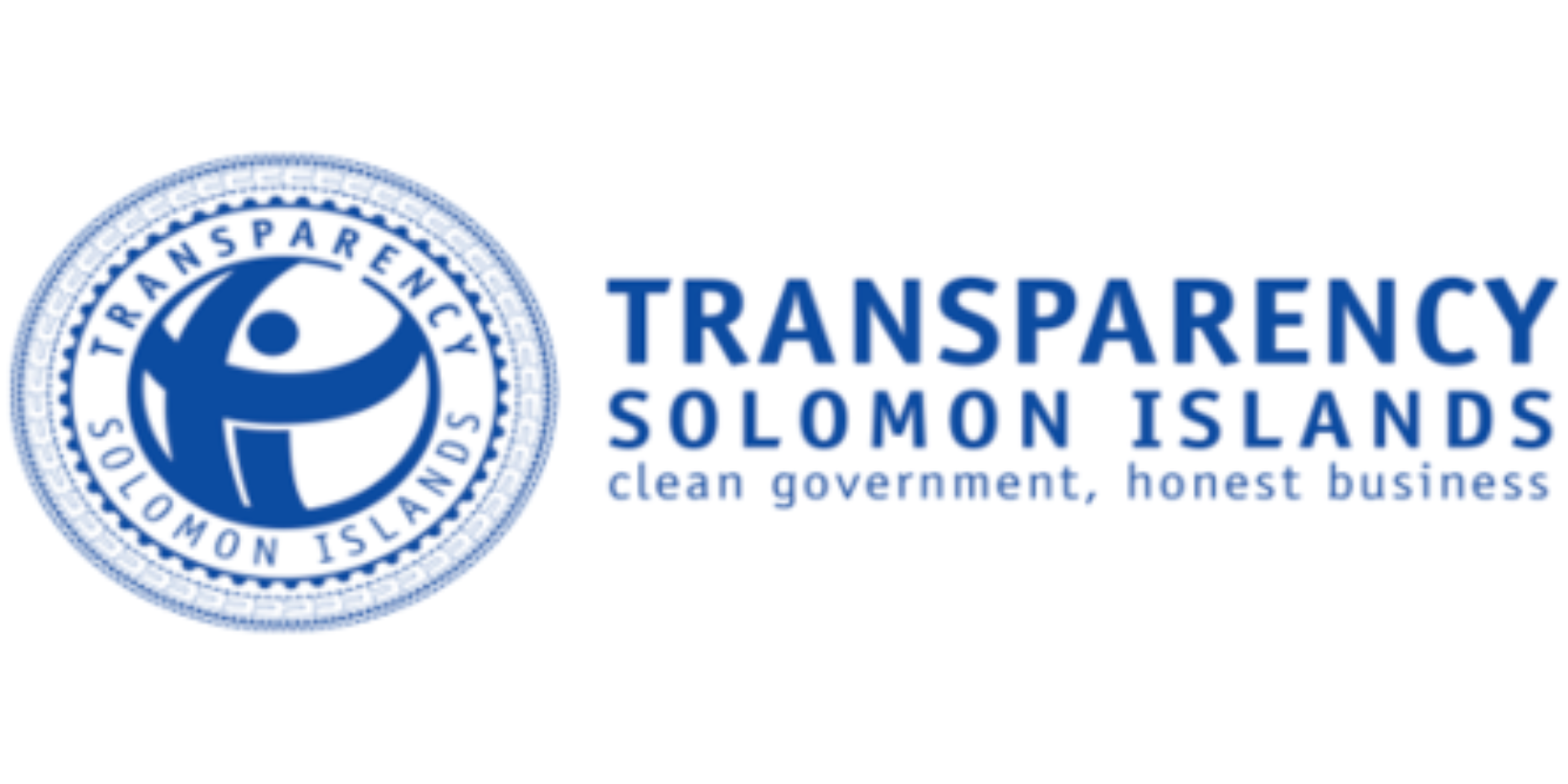A leaders forum cannot fulfill its purpose if it silences the people it is meant to serve. Without genuine engagement, such an endeavour risks becoming unproductive and meaningless, ultimately doing a disservice to the communities it claims to represent.
Leaders must remain accountable, with decisions reflecting the real needs and priorities of their people.
As Pacific leaders move forward with the Pacific Islands Forum (PIF) in the coming weeks, they must not lose sight of its true purpose; to represent and uphold the collective interests of Pacific peoples.
For this reason, Transparency Solomon Islands (TSI) commends Pacific leaders for providing one hour of direct engagement with civil society organisations (CSOs) during the 54th Pacific Islands Forum Leaders Meeting.
This is a significant improvement from the usual nine minutes allocated, and it represents a step towards making the Forum a more inclusive platform that reflects the voices and lived realities of Pacific communities.
For years, CSOs have called for greater inclusion in regional decision-making processes, especially on issues that affect Pacific peoples directly, including issues such as climate change, irresponsible resource management, political leadership integrity and greater social protection for vulnerable groups and communities.
This extended engagement signals a growing recognition of the vital role CSOs play as bridges between communities and institutions. By bringing locally grounded perspectives, expertise, and knowledge to the table, CSOs ensure that regional discussions reflect the realities on the ground. Our role is to support, educate, and advocate for the rights of the people while holding leaders accountable to their commitments.
The decision to allocate more time is, therefore, an acknowledgment that people’s voices matter and that CSOs are central to realising the Blue Pacific vision.
It provides an important opportunity for CSOs to present community-driven solutions directly to Pacific leaders, influencing both regional and national agendas.
To make the most of this opportunity, CSOs should work strategically and collaboratively to deliver constructive statements that highlight community priorities and lived experiences.
Rather than repeating what is already known, these statements should focus on elevating “the voices and aspirations of all Pacific peoples”, as outlined in the 2050 Strategy for the Blue Pacific Continent (p.3). CSOs should also ensure their statements clearly link local realities to the 2050 Blue Pacific Strategy, demonstrating the relevance of their insights and contributions in advancing the strategy’s vision and goals.
TSI urges CSOs to utilise this one-hour session to demonstrate that CSOs can contribute constructively. We must ensure meaningful and structured engagement to strengthen our case for continued and expanded participation in future Forums.
Furthermore, TSI also stresses the importance of ensuring that the time allocated for CSO engagement is genuinely reserved for CSOs, rather than being absorbed by regional institutions or bodies that already dominate forum discussions.
Too often, CSOs are not given adequate space on regional platforms to advocate for their communities and influence decision-making. This is a crucial moment for CSOs to shape the regional agenda, and it is essential that their voices are not only heard but meaningfully integrated into the process.
While this decision to include CSOs in the PIF dialogue is an important and welcome step, TSI maintains that both CSOs and Pacific leaders have a shared responsibility to deliver on the aspirations of the people they serve.
CSOs must remain accountable for effectively representing their communities, while leaders must remain accountable to their citizens in achieving the Forum’s vision for “a resilient region of peace, harmony, security, social inclusion and prosperity, so that all Pacific people can lead free, healthy, and productive lives”.
– TSI


